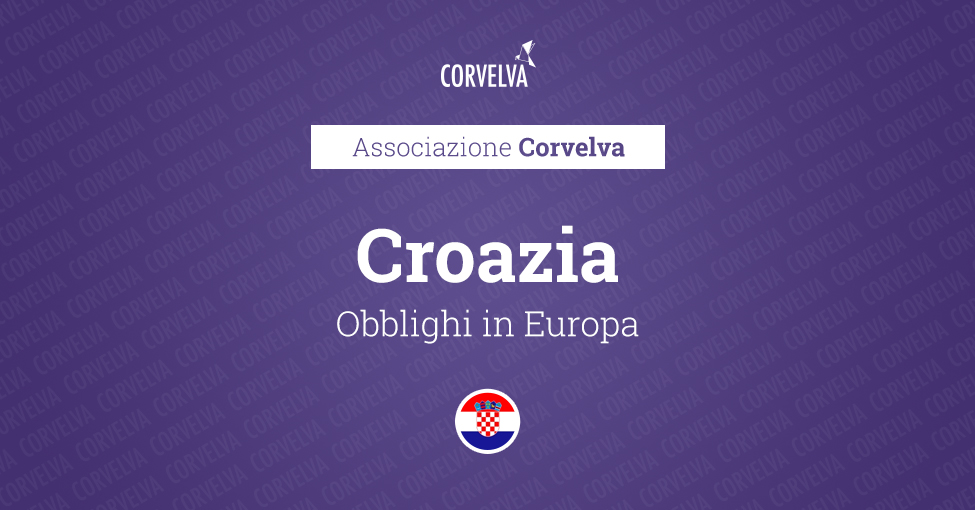Croatia

IMPORTANT NOTE: This information provides a snapshot of the European situation in September 2023. Please note that for more specific and up-to-date information on a single country, it is advisable to contact the local organisations.
Vaccination policies
In Croatia, immunization is mandatory against 11 (eleven) diseases:
- diphtheria
- haemophilus influenzae tybe B
- hepatitis B
- measles
- mumps
- whooping cough
- polio
- rubella
- tetanus
- tuberculosis
- pneumococcus
With all boosters, the full immunization amounts to about 30 vaccines. The HPV vaccine is not mandatory, but it is strongly recommended and advertised.
Parents who choose not to vaccinate their children can be fined up to 230 euros for each refusal and sometimes risk prison. Before going to court, parents are advised to have a consultation with an epidemiologist. Furthermore, prevented by the health authorities, the social services are investigating the parents for abandoning minors.
The law provides for four medical exemptions, but they are extremely difficult to obtain:
- a febrile infection at the time of the checkup (temporary exemption)
- Compromised immune system (HIV, cancer…)
- confirmed allergy to vaccine components
- Adverse event proven by a previous vaccination
No allergy tests on the various components of the vaccine are performed before vaccination.
School
In Croatia, unvaccinated children cannot attend kindergartens, preschools and preschools, but they can attend primary school, as it is considered a compulsory education.
homeschooling
Homeschooling is currently not permitted for citizens, except in the case of students with serious illnesses or disabilities.
For more information visit the websiteHSLDA.
Vaccination schedule
For more information visit the websiteEcdc.
Recognition and compensation for vaccine injuries
In Croatia side effects are mostly denied and not reported. There is no law or compensation fund, and most parents choose not to sue.
In Croatia there is an ordinance on pharmacovigilance which provides for the identification, evaluation, understanding and prevention of adverse reactions of a medicinal product and the actions to be taken in case of such reactions. Reporting of adverse reactions is mandatory. In case of an adverse reaction to a vaccine, it should be reported to both the Agency for Medicines and Medical Devices (hereinafter: Agency) and the Croatian National Institute of Public Health (hereinafter: CNIPH).
A healthcare professional must report any suspected adverse reaction to a vaccine marketed in the Republic of Croatia to the Agency and the CNIPH.
The healthcare professional must report serious adverse reactions to vaccines to the Agency and the CNIPH within 30 days of becoming aware of them, and subsequently if necessary, by submitting follow-up reports. In case of serious adverse reactions with a fatal outcome, these must be reported by telephone within 24 hours of becoming aware of them.
Healthcare professionals are required to report all adverse reactions to vaccines, regardless of their severity or predictability, but in reality this is not the case.
Local organizations pro-freedom of choice in the therapeutic field
- Građanska inicijativa Cijepljenje - pravo izbora
If you find any inaccuracies and want to help us update the following sheet, write to us at
We want to thank you EFVV for providing us with the first information on the European situation.

